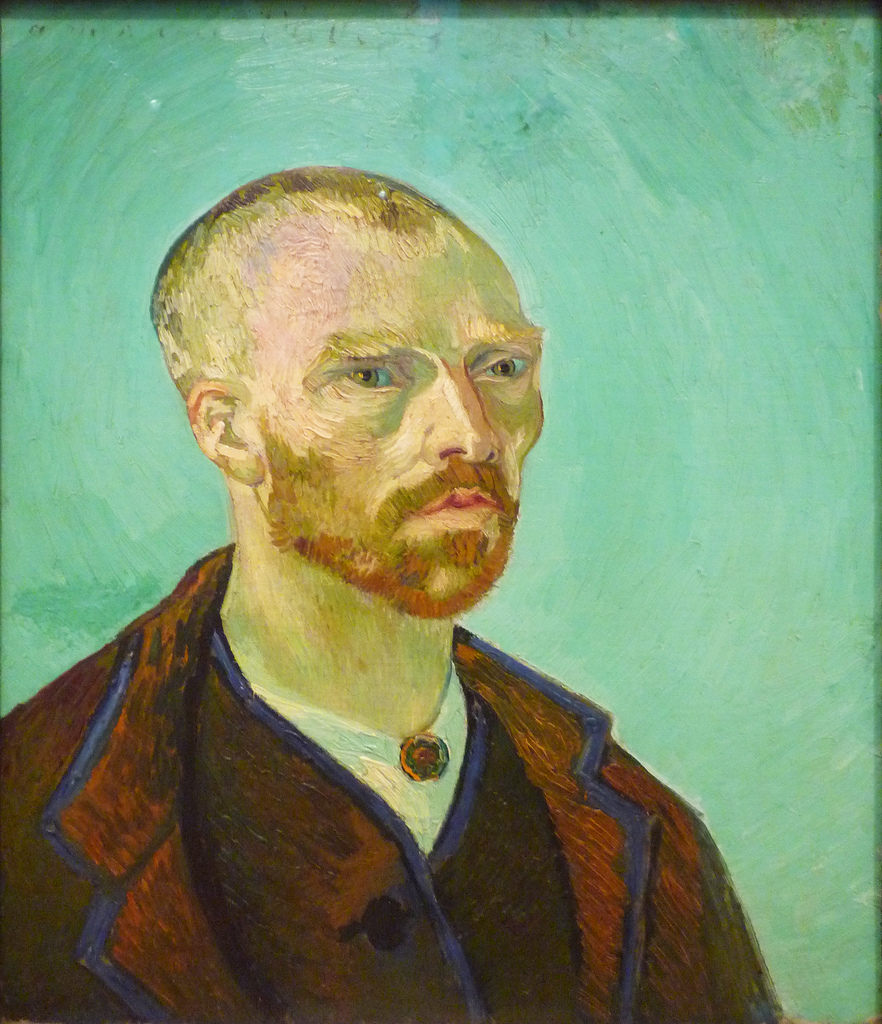For me, nothing captures those occasional feelings of post-graduate yearning like “I Wish I Could Go Back to College,” a N‑quite-SFW track from the Broadway musical, Avenue Q.
With all due respect, it feels like the five members of Harvard University’s just-graduated Class of 2016 sharing their recollections in the interactive 360° video project, Harvard Students Say Farewell, left a few crucial details out. (Note: Youtube 360 videos only work in Chrome, Firefox, Internet Explorer, or Opera browsers.)
It’s completely safe for prospective parents, not a keg or condom wrapper in sight. (The project is hosted on Harvard’s official Youtube channel.)
Unsurprisingly, Harvard appears to have been the participants’ universal first choice of college. Hasty Pudding performer, Joshuah Campbell, above, a self-described “Black kid from the country,” confides that it was the only place he applied to.
He may have arrived wondering how he would fit in, but four years later, his grubby dorm room is one of the “iconic” Harvard locations viewers can explore digitally as he briefly reflects upon his experience.
That’s about as down and dirty as this series gets. The human subjects seem to have been selected with an eye toward diversity and humility, rather than the clenched Boston Brahmin jaw that once defined the institution.
Meanwhile, the libraries, quads, and theaters through which this new breed of Harvard men and women wander attest to the place’s ongoing exclusivity.
Sreeja Kalapurakkel, above, a member of the Harvard South Asian Dance Company, knew what she was getting into, as a student at a respected Boston secondary school. Shortly after graduation, she sung Harvard’s praises somewhat more frankly on her Facebook page:
Each day of my time at Harvard was filled with everything that makes life beautiful: darkness, struggle, despair, loneliness, friendship, hope, perseverance, light. Every experience, every lesson, every friend transformed me into someone more human and gave me something new to fight for.
Harvard, like every other college in the land, has relaxed its policy on ending a sentence in a preposition.
Ana-Maria Constantin arrived sight unseen from her native Romania to pull us out onto the deck of the Smithsonian Astrophysical Observatory.
On to the locker room! Hockey captain Kyle Criscuolo joins the Detroit Red Wings, reflecting that Harvard student athletes enjoy no special treatment. In future, the university may want to require them to listen to Will Stephen’s lecture, “How to Sound Smart in a TED Talk.” Criscuolo sounds sincere, but also stiff, as if reading from a sheet of paper, or the digital equivalent thereof.
(Thereof is an adverb, by the way. Not a preposition. I checked.)
Harvard Art Museums Student Board member Rachel Thompson paints herself so meekly, I’m tempted to check with her freshman year roommate. Was she really so filled with self doubt? I’ve always assumed Harvard acceptance letters would puff the recipient up. Good lord, imagine the effect the rejection letters must have!
Use a mouse to explore the immersive environment on your computer, or the YouTube app to navigate on a mobile device. Use a virtual reality headset and the Harvard Crimson staff’s vocabulary list to enhance the experience even more.
The complete playlist is here.
Related Content:
Harvard Presents Free Courses with the Open Learning Initiative
NPR Launches Database of Best Commencement Speeches Ever
The Harvard Classics: Download All 51 Volumes as Free eBooks
Ayun Halliday is an author, illustrator, Chief Primatologist of the East Village Inky zine, and a Northwestern University grad. Follow her @AyunHalliday






